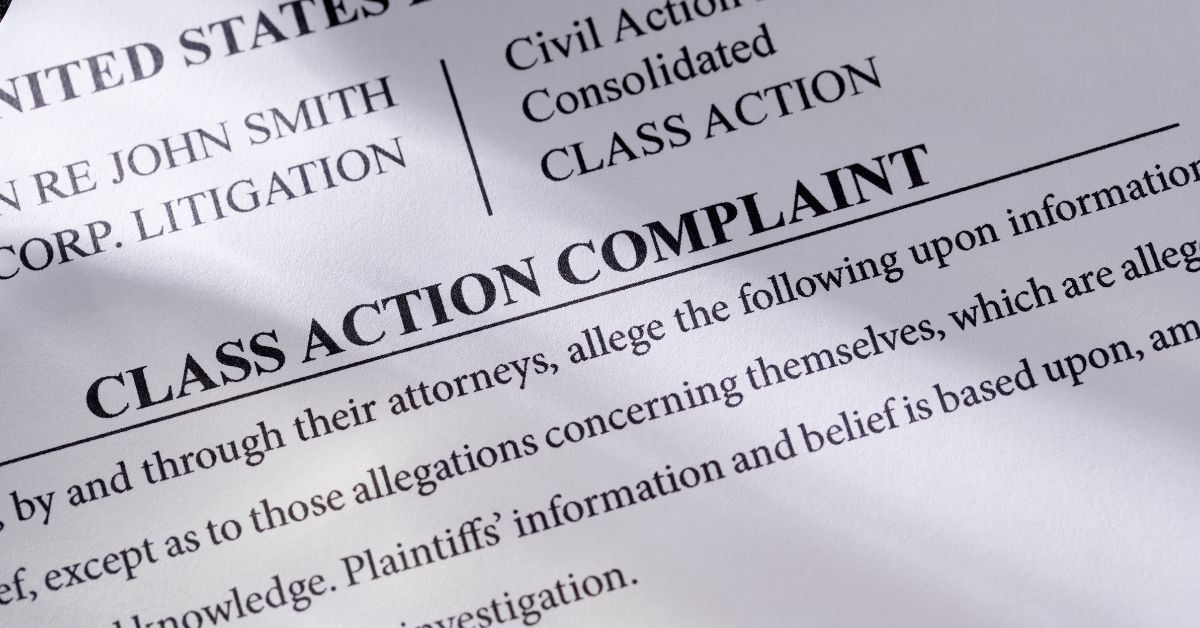What Does Aggravated Mean In Law
What Does Aggravated Mean In Law Understanding Aggravated Assault in Texas: What You Need to Know Facing charges for a violent assault crime in Texas can be a daunting experience, as the consequences can be severe, impacting your freedom and future. Assault convictions, including aggravated assaults, come with significant penalties. As an Austin-based criminal defense law firm, Chris Perri Law has extensive experience handling complex cases, including aggravated assault, sexual assault, and family violence. In this article, we aim to demystify what constitutes an “aggravated” assault and provide guidance if you find yourself facing an aggravated assault charge in Travis County or the surrounding areas.
Defining Assault According to Texas Law
Under the Texas Penal Code (Section 22.01), a person is considered to have committed assault if they:
- Intentionally, knowingly, or recklessly cause bodily injury to another person, including their spouse.
- Intentionally or knowingly threaten another person with imminent bodily injury, including their spouse.
- Intentionally or knowingly make physical contact with another person when they know or reasonably believe that the contact will be regarded as offensive or provocative.
In essence, causing physical harm to someone or threatening to do so can constitute assault, whether the harm resulted from intentional actions or recklessness. However, if harm occurs accidentally and is not the result of reckless behavior, it does not qualify as assault under Texas law. Proving this distinction can be challenging, but a skilled criminal defense attorney can assist you in this regard.
Moreover, if you can demonstrate that you acted in self-defense, you may not have committed a crime. To learn more about asserting self-defense in Texas, refer to our related article.
Simple vs. Aggravated Assault
According to the Texas Penal Code (Sec 22.02), an assault is considered “aggravated” when one or more of the following conditions apply:
- The assault causes serious bodily injury, such as broken bones, scarring, or permanent disability.
- The assault involves the use of a potentially deadly weapon, such as a firearm, knife, baseball bat, or even a vehicle.
In most cases, an assault is categorized as “simple” if it does not result in serious bodily injury or involve a deadly weapon. In such instances, Texas law does not qualify the assault as “aggravated.” However, an assault may be elevated to “aggravated” status if:
- The defendant strangles a family member or dating partner.
- The assault occurs in conjunction with another crime, such as rape or robbery.
- The victim is a police officer or public servant.
- The offender has a previous assault conviction related to family violence and is now accused of committing a new family violence offense.
When an assault is deemed “aggravated,” it typically carries harsher penalties. It is crucial to remember that the prosecution bears the burden of proving, beyond a reasonable doubt, that you committed an assault and that the criteria for aggravated assault have been met. A seasoned advocate by your side can ensure that the prosecution adheres to the highest standards when presenting their case.
Is Aggravated Assault a Felony in Texas?
Yes, most cases of aggravated assault in Texas are classified as second-degree felonies. Penalties for second-degree felonies typically include a prison sentence ranging from two to twenty years and a fine of up to $10,000.
However, in specific circumstances, aggravated assault can be charged as a first-degree felony, which is the most serious level of crime. For instance, if a person uses a deadly weapon to cause serious bodily injury to their romantic partner, family member, or a household member, the assault is likely to be prosecuted as a first-degree felony. Aggravated assault against a security officer or a witness involved in a trial also falls into this category.
First-degree felony-level aggravated assault charges are exceptionally grave, carrying a maximum sentence of life imprisonment.
Read More : How To Manage A Small Law Firm Reviews
What to Do If You’re Charged with Aggravated Assault
If you or someone you care about has been arrested for any type of assault, whether it involves family violence, sexual assault, or aggravated assault, it is crucial to take the following steps:
- Hire a Qualified Criminal Defense Attorney: Without delay, seek the services of a skilled criminal defense attorney. Refrain from speaking with any law enforcement officials without legal representation present. It is your constitutional right to have legal counsel as soon as the police begin investigating you.
- Choose Your Attorney Wisely: Select an attorney with extensive experience in handling violent crime cases, a track record of success, professionalism, and whom you trust. Avoid shortcuts and opt for the cheapest option, as inadequate legal representation can have detrimental consequences.
Read More : What States Have A No Chase Law
Chris Perri Law: Your Partner in Defending Against Assault Charges
At Chris Perri Law, we treat each case as unique, maintaining a low caseload to provide the highest level of attention to our clients. With over fifteen years of experience and numerous accolades, attorney Chris Perri has successfully represented countless clients facing aggravated assault charges in the Austin area. His achievements include winning trials, proving self-defense, having cases dropped, negotiating favorable plea deals to avoid prison time, and overturning wrongful convictions.
If you have been arrested for a violent crime, such as aggravated assault or domestic violence in Travis, Hays, or Williamson County, our team is ready to assist you. Contact Chris Perri Law at (512) 269-0260 or visit www.chrisperrilaw.com to schedule a free, confidential consultation today. Your future may depend on the quality of your defense.





